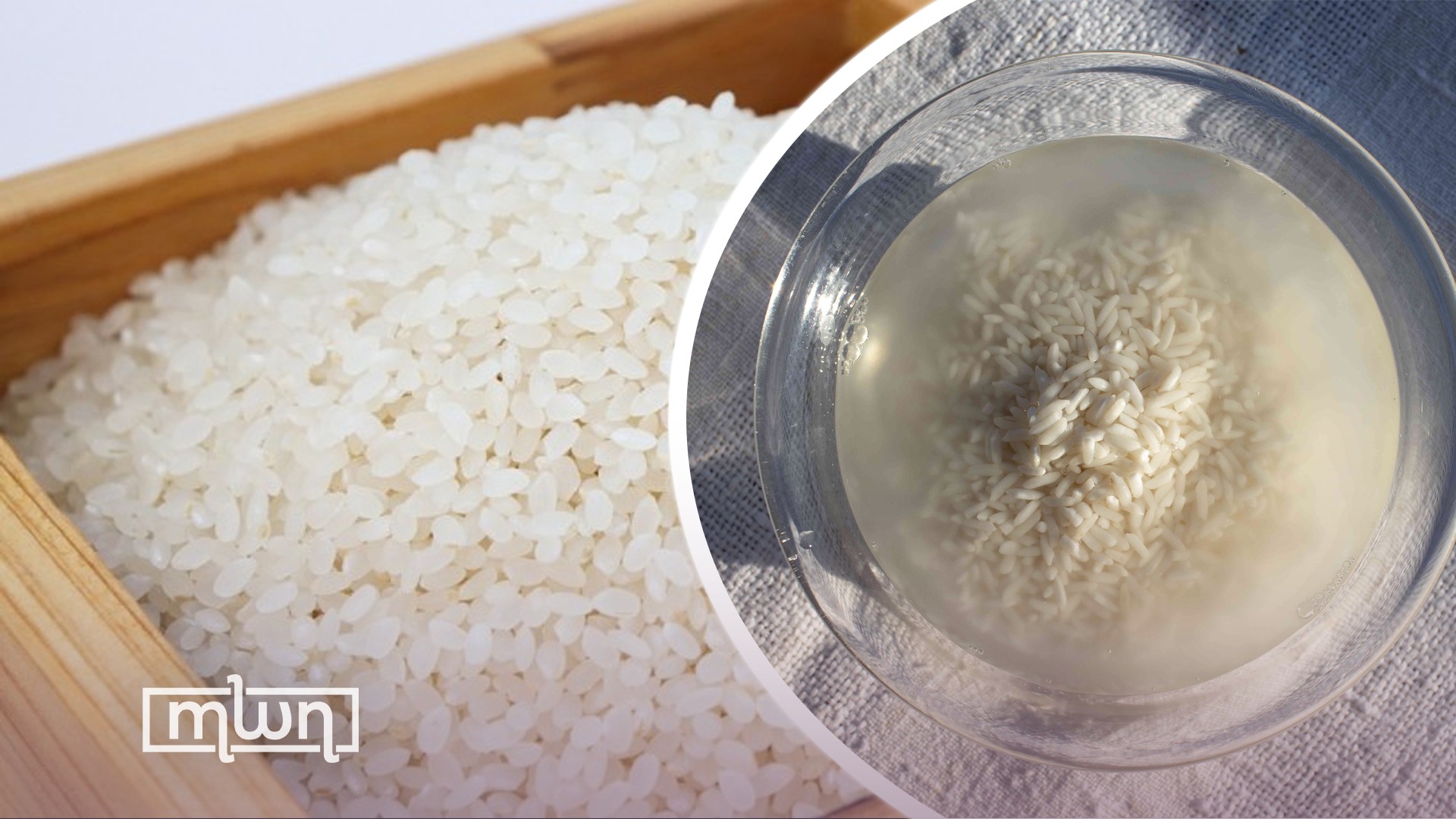Marrakesh – Introducing ‘Rice-Zempic,’ the latest TikTok sensation that promises weight loss and health benefits comparable to prescription medications like Ozempic and Wegovy.
This DIY beverage, comprising rice soaked in water and infused with lime juice, has garnered attention for its alleged affordability and effectiveness in managing weight and type 2 diabetes.
As videos of its preparation flood social media, advocates claim that drinking the concoction mimics the metabolic effects of pharmaceutical treatments.
TikTok users are raving about “Rice-Zempic,” attributing astonishing weight loss claims of up to 14 pounds in a week to this homemade elixir.
Beyond shedding pounds, enthusiasts assert that the drink suppresses appetite, reduces cravings for sweets, and even promotes more frequent bathroom visits throughout the day.
Rice-Zempic recipe
Here’s a simple recipe to try at home and join the viral sensation.
Combine ½ cup of unwashed rice with 1 cup of warm or hot water, and squeeze in the juice from half a lime.
Once combined, allow the mixture to steep. Some prefer to soak it overnight to fully infuse the flavors and purported benefits.
Many followers of the trend claim they wait between 30 minutes to an hour before consuming their next meal, believing this helps enhance the drink’s effectiveness in managing hunger and cravings throughout the day.
Where do experts stand?
According to expert Mir Ali, Medical Director of MemorialCare Surgical Weight Loss Center at Orange Coast Medical Center in Fountain Valley, California, the biggest weight-loss benefit of Rice-Zempic is its low-calorie nature and being “just starchy water.”
Ali also mentioned that the combination of rice water and lime juice could potentially help individuals feel more satiated before meals, leading them to consume less than usual.
However, Scott Keatley, RD, co-owner of Keatley Medical Nutrition Therapy, cautioned in an interview with the Health website that the benefits of the drink lack any scientific backing.
“Rice water may have some nutritional benefits, such as providing a source of energy from its starch content,” explained Keatley.
However, “there is no evidence to suggest it has any properties that would significantly impact weight loss, especially in the manner that anti-diabetic medications like Ozempic do,” he added.
Discussing the beverage’s long-term effects, the medical doctor, Mir Ali, stated that Rice-Zempic is “not really metabolically helping you at all.”
He emphasized that while it might lead to weight loss, it does not equate to a healthy or sustainable approach like Ozempic.
“This weight loss will be temporary because you’re not making permanent, healthy, long-term changes,” Ali cautioned. “Once you stop this kind of thing, the weight will come back.”
While Rice-Zempic has captured attention for its purported weight loss benefits and affordability, experts caution against relying on it as a sustainable solution.
Despite anecdotal claims of short-term effectiveness in curbing appetite and shedding pounds, the lack of scientific backing and concerns over long-term metabolic impact raises significant doubts.















